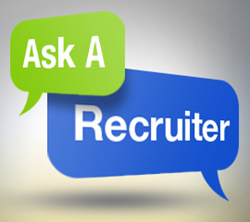 If you’ve recently landed a new job, you probably didn’t get there by yourself. After all, your resume doesn’t impress without references willing to verify your experience, expertise, and talents.
If you’ve recently landed a new job, you probably didn’t get there by yourself. After all, your resume doesn’t impress without references willing to verify your experience, expertise, and talents.
So, it’s very important to say thank you to your references. However, the type of thank you depends on your relationship with the reference and the company culture they work in.
While email has become a very accepted form of communication, it also takes little or no effort. To really show your appreciation, you might want to go a step further.
Consider the Relationship
A Corporate Connection – If your reference is a former manager or mentor who works in a traditional environment, consider a typed, personal letter on your professional stationery.
Be sure to say “thank you” as opposed to the more casual “thanks.”
A Colleague and Friend – If your reference is a friend as well as former colleague—a part of your “work family”— consider sending a greeting card. Cards make the recipient feel special. Your message should be as warm and familiar as your friendship.
High Tech Connections – If your reference works for a very modern company that runs everything on the cloud, your thank you should reflect that culture. An app like Thank You Pro (App Store for iOS) or Thank You Messages (Google Play for Android) makes it easy to create a digital expression of your gratitude.
Finally, make sure your message includes the following:
- A genuine expression of appreciation
- Your new job title and business contact information
- A reminder that you would like to stay in touch
In an age when the average worker stays in a job for fewer than five years, according to the Bureau of Labor Statistics, you can never have too many professional contacts or references.



